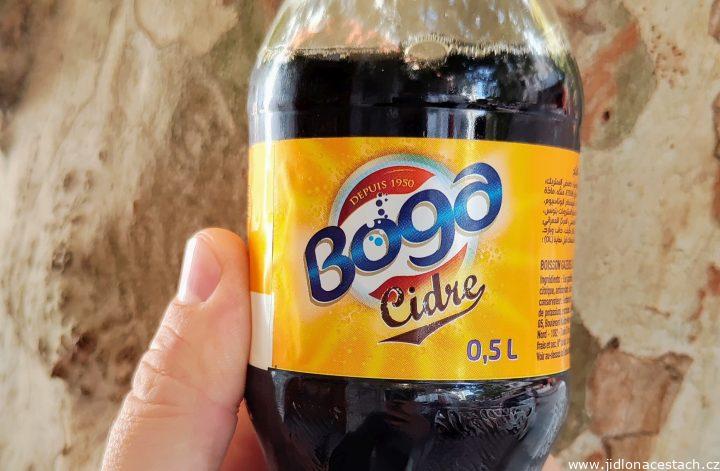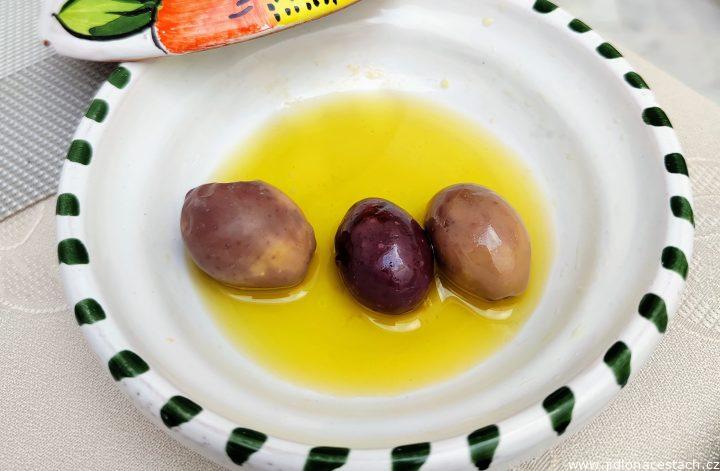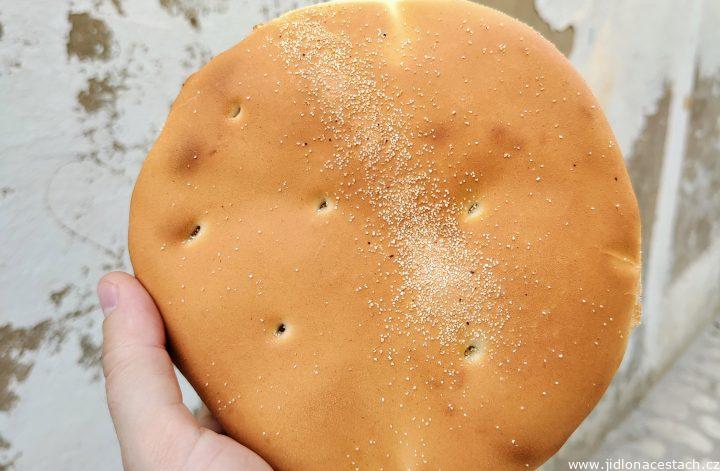Tunisia is a country not only rich in history, culture, and natural beauty. Tunisia also has an interesting and long tradition of winemaking, dating back to ancient Roman times. And while Tunisia is a Muslim country where alcohol consumption is limited, winemaking has its place and produces some intriguing wines.
Wine in Tunisia
The History of Winemaking in Tunisia
The history of winemaking in Tunisia dates back to the Roman Empire. The Romans, who colonized the area of modern-day Tunisia, brought vines with them and began establishing vineyards. During this time, wine was very popular in the region and widely consumed. Roman mosaics and frescoes found in Tunisia often depict winemaking motifs.

The Influence of Islam and French Colonization
After the fall of the Roman Empire and the arrival of Islam in the 7th century, the situation changed. Islam prohibits the consumption of alcohol, which significantly affected winemaking in Tunisia. Many vineyards were abandoned or converted to other agricultural uses. Nevertheless, the winemaking tradition persisted in some areas, especially where Christian or Jewish communities lived.
A significant milestone for Tunisian winemaking was the French colonization in the 19th century. The French, known for their love of wine, began establishing new vineyards in Tunisia and introducing modern winemaking technologies. During the colonial period, Tunisian wine became popular in France and was exported to Europe. The French influence on Tunisian winemaking is still evident today.
Winemaking in Tunisia Today
After gaining independence in 1956, Tunisia became a Muslim country, and attitudes toward alcohol became more restrictive. The production and sale of alcohol are regulated by the state and subject to strict rules. Public consumption of alcohol is prohibited, and its sale is limited to specific locations such as hotels, certain restaurants, and shops.

Despite these restrictions, Tunisian wineries continue to produce wine, although on a smaller scale than in the past. Most vineyards are located in the northern part of the country, especially in the Cap Bon region and around the capital, Tunis. Tunisia produces both red and white wines, often from local and international grape varieties.
Availability and Price of Wine in Tunisia
Although Tunisia is a Muslim country, local wine can be purchased in some supermarkets, such as the French chain Monoprix. Monoprix offers a relatively wide selection of both Tunisian and foreign wines. However, wine prices in Tunisia are high by local standards due to taxes and limited availability. Both wines mentioned in this article were purchased from Monoprix. Each cost just under 30 TND (9 EUR).
While wine is not as ubiquitous in Tunisia as in some other winemaking regions, it is definitely worth trying.
Cheers, and drink responsibly!


